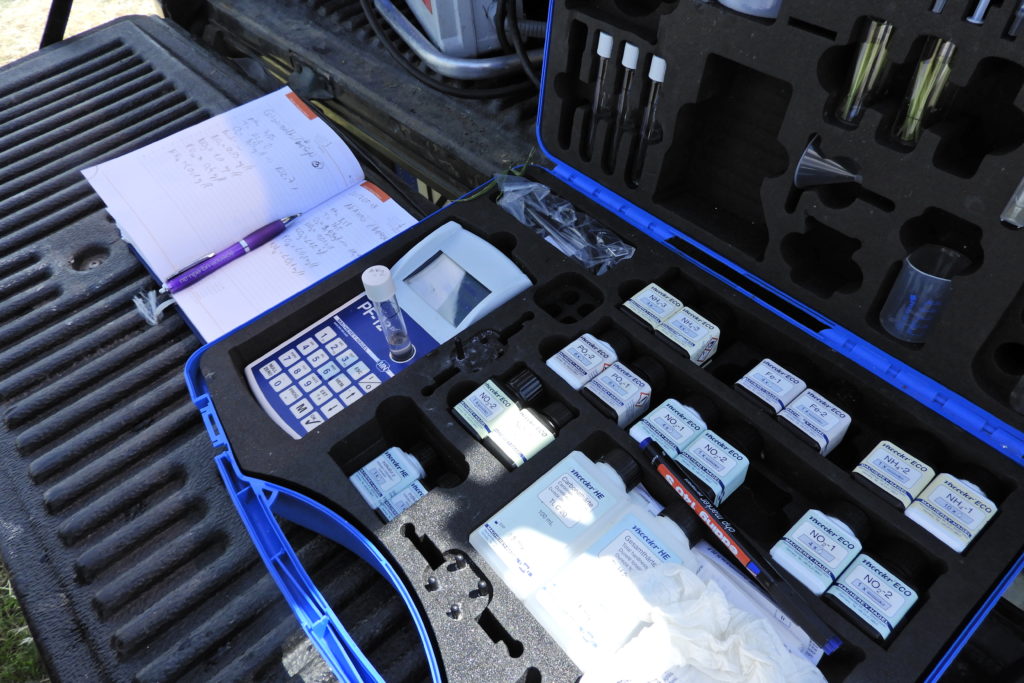Potential effect of manuring on the microbial community of semi-extensive carp ponds in Hungary

The Hungarian case study of the TAPAS project carried out by Szent István University. We will investigate:
The use of chemicals is not characteristic in the semi-extensive carp producing ponds. However, the antibiotics content of the manure used to increase the productivity of the system neither controlled nor known. This manure usually from pig or poultry farms, where the antibiotics usage is generally high. No information is available regarding the effect of the residual antibiotic content of the manure on the European carp ponds.
Eleven aquaculture facilities, representing various management practices have been chosen. Fish fauna composition will be studied with electrofishing (protocols used according to WFD) in the inflow and outflow (within 50m, 300m, 500m). Water chemistry (basic parameters (temperature, dissolved O2, conductivity, pH, TSS, NO3-N, NO2-N, NH4-N, PO4-P, chlorophyll-A) would be measured parallelly. Pond/system level management variables would be also interviewed from managers (Chemical usage; Manure/Fertilizer usage and volume (kg/ha); stocking (abundance%; density(kg/ha) spring and autumn); Frequency of harvesting; date of last harvesting; area (ha); depth (m); shoreline length; shoreline vegetation; Feed (quantity/quality); Water supply: gravity/pumping).


